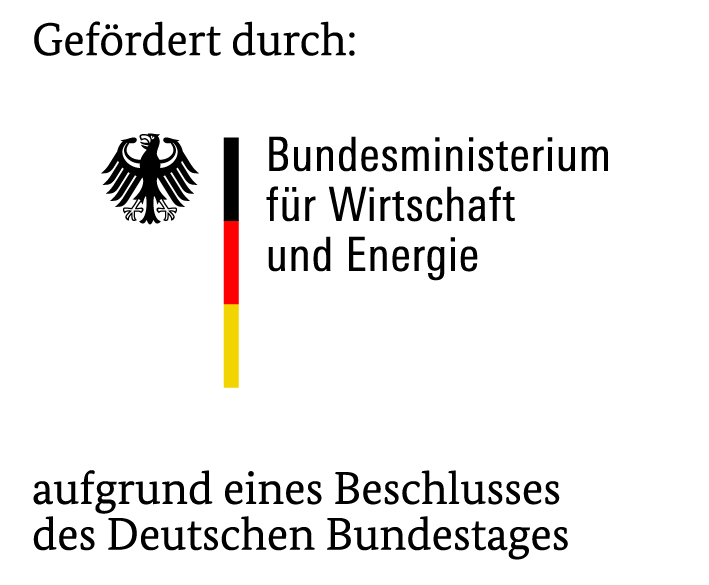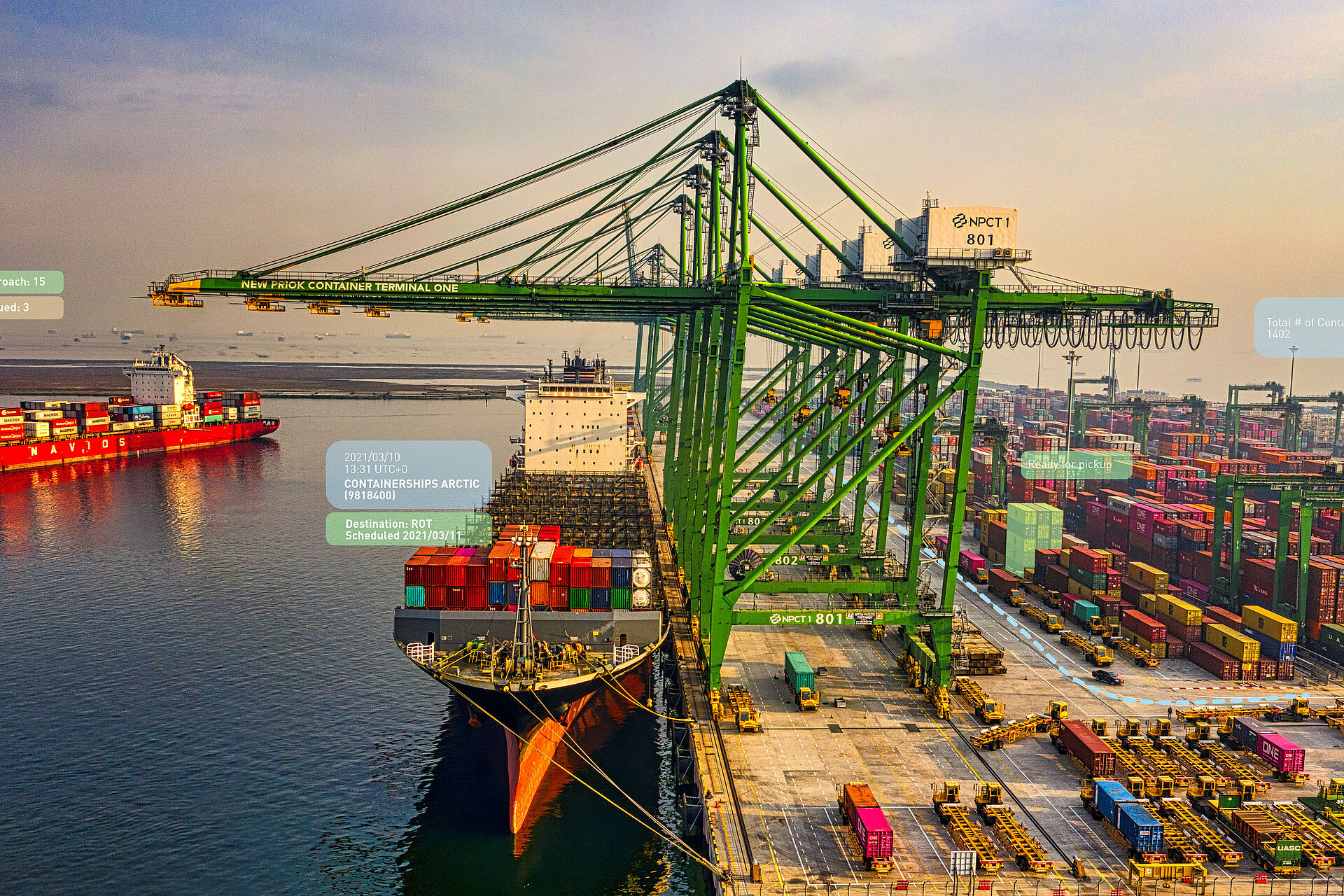Requirements for technical systems today are still predominantly written in natural language text that is incomprehensible to computers. It is true that text can be manually converted into a form that a computer can understand. But this is error-prone and costs a lot of time and money, especially for complex systems such as those used in aerospace. This hurdle is to be overcome by using artificial intelligence (AI).
The "ExANT: Extraction of requirements from natural language text" project aims to demonstrate whether and how natural language processing (NLP) methods - a subfield of AI - can be used to reliably automate this translation. The consortium consists of the Institute of Space Systems at the University of Stuttgart, the space systems company OHB System AG, the technology company OHB Digital Services and the software technology specialist BSSE, which is also coordinating the consortium. Various NLP tools - including some open source systems - are to be applied to natural language requirements from real space projects.
Among other things, those involved want to get answers to the following questions: What are the potential time and cost savings? How can AI errors be detected or avoided during translation? Can NLP tools improve the content of the requirements - significantly? This concerns, for example, unclearly formulated or incompletely described requirements, which can lead to time delays and additional costs.
The project is funded by the German Federal Ministry for Economic Affairs and Energy as part of the National Program for Space and Innovation and is technically and administratively managed by the German Space Agency at DLR. The work is scheduled to be completed by the end of November 2023.
![[Translate to English:] ExANT [Translate to English:] ExANT](/fileadmin/_processed_/8/2/csm_KI-ExANT_c04eb3418e.jpg)



